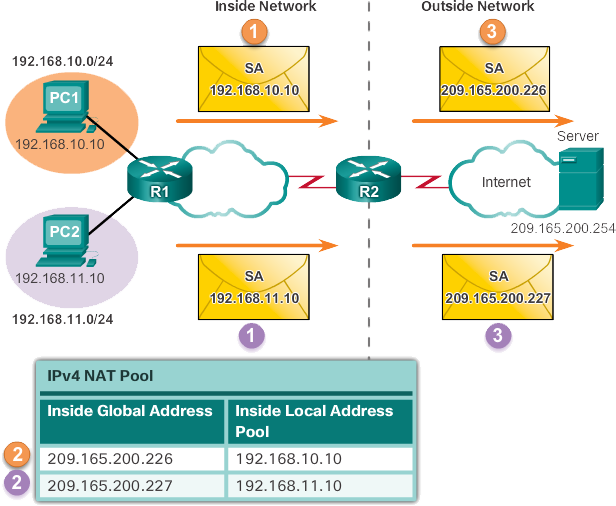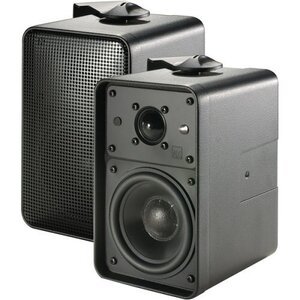What Is an NP Address and Why Does It Matter?
The keyword “np address 10.10.66.88” might look technical, but understanding it can be easier than you think.
If you’ve ever wondered what an NP address is and why it’s important, you’re not alone.
A lot of people, especially those just dipping their toes into networking, get confused when they come across an address like np address 10.10.66.88.
The truth is, it’s not as complicated as it sounds, and today we’re going to break it down in simple terms.
What Is an NP Address?
An NP address stands for Network Prefix address, which is commonly used in various networking protocols.
It helps route data between devices within a specific network.
Think of it like a street address.
Without it, your data would get lost in transit, much like a letter without an address on the envelope.
Now, why does “np address 10.10.66.88” matter?
It’s part of a private network range, meaning it’s used within local networks – like the ones we see at home, in offices, or even in a school’s computer lab.
It helps devices in these local networks communicate without getting exposed to the wider internet.

The Importance of Private IP Addresses Like 10.10.66.88
Let’s start with a real-world example.
Imagine you’re sitting in a café, using the free Wi-Fi to browse the web.
Your laptop has a private IP address – something like np address 10.10.66.88 – assigned by the router.
This address helps your device communicate with the router, but it doesn’t expose your laptop directly to the internet.
This protects your device from potential hackers who might be scanning for public IPs.
So, whenever you see addresses like “np address 10.10.66.88,” think security.
These private addresses act as a shield, keeping your devices safe while maintaining smooth communication within the local network.
How Is 10.10.66.88 Used in Networking?
Network administrators often use private IP addresses like np address 10.10.66.88 to manage devices in an internal network.
If you’ve got a large office with tons of computers, each computer needs its own private IP address.
That’s where the “np address 10.10.66.88” comes in.
Here’s a quick breakdown of its usage:
- Routing Traffic Internally: The address np address 10.10.66.88 routes traffic between devices in the same network, allowing them to talk to each other efficiently.
- Device Identification: It’s how devices within the network are uniquely identified. Think of it like assigning seats to students in a classroom.
- Security Purposes: Because it’s a private address, it can’t be accessed from outside the local network. This reduces the risk of attacks from external sources.

Why Should You Care About NP Addresses?
You might be thinking, “I’m not a network admin, why should I care about an np address 10.10.66.88 address like 10.10.66.88?”
Well, understanding NP addresses is essential for:
- Setting up a home network: If you’ve got multiple devices at home (smartphones, laptops, gaming consoles), they’re likely using private IP addresses.
- Troubleshooting network issues: Ever faced a connection problem with your Wi-Fi and didn’t know where to start? Checking the private IP address can give you insights.
- Ensuring network security: When setting up secure networks, knowing what an NP address is can help you protect your devices from outside threats.
How Is 10.10.66.88 Different from a Public IP?
Now, here’s where things get a bit more technical (but I promise, it’s still simple).
Private IP addresses, like “np address 10.10.66.88,” are different from public IP addresses.
A public IP is what identifies your network to the outside world. It’s how websites know where to send the information you’ve requested.
But private IP addresses are for internal communication only.
They’re kept behind a router or firewall, which acts as the barrier between your private network and the public internet.
FAQs About NP Address 10.10.66.88
Q: Can I use 10.10.66.88 to access the internet?
No, 10.10.66.88 is a private address used only for internal communication within a local network. You’ll need a public IP assigned by your internet provider to access the internet.
Q: What if two devices have the same NP address, like 10.10.66.88?
That would cause a conflict. Each device in a network needs a unique IP address to communicate without issues.
Q: Can I manually assign np address 10.10.66.88 to my device?
Yes, but only if the IP isn’t already in use in your local network. Many network administrators assign IP addresses manually to prevent conflicts.
Q: How do I find my device’s NP address?
You can find your NP address by checking your device’s network settings or using a command prompt. On Windows, you can type ipconfig in the command prompt to see the NP address.
How Do Network Administrators Use NP Address 10.10.66.88?
For network admins, the np address 10.10.66.88 address is part of the 10.0.0.0/8 range, which is a block of private IP addresses commonly used in large organizations.
Why?
Because this range offers flexibility in managing multiple subnets and devices without running out of addresses.
If you’re running a medium-sized office network, assigning NP addresses from the np address 10.10.66.88, like 10.10.66.88, allows for smooth operation without the fear of address exhaustion.
Admins can:
- Segment networks: Create smaller subnetworks for departments (like HR, IT, and Marketing), each with its own NP addresses.
- Troubleshoot faster: When something goes wrong, knowing which device is assigned to 10.10.66.88 can speed up the diagnosis.
Wrapping Up
So, there you have it – a breakdown of the “np address 10.10.66.88” and why it matters.
It may seem like just another string of numbers, but this little address plays a significant role in keeping networks running smoothly and securely.
From keeping your data safe while sipping coffee at your favorite café to helping network admins manage large office networks, 10.10.66.88 works behind the scenes, quietly doing its job.
When you understand how these private IP addresses operate, you’ll have a much clearer view of how the internet and networking work.
So, next time someone throws out a term like “np address 10.10.66.88,” you’ll be the one with all the answers!














Post Comment